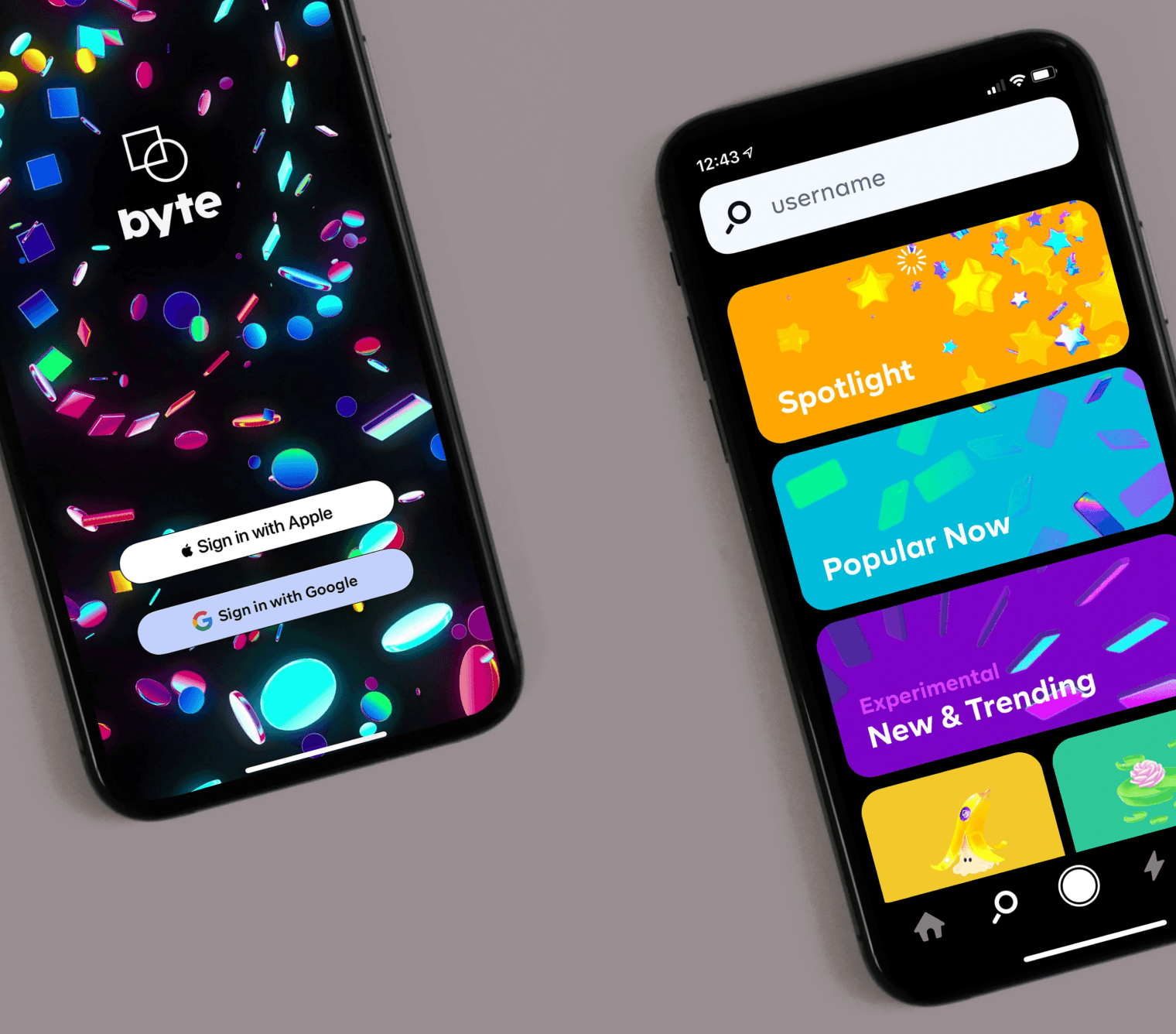Natural Language Processing
Advances in AI that enable machines to understand and generate human language, used in virtual assistants and translation services. Technologies that allow computers to interpret and process visual information, applied in facial recognition and autonomous vehicles. ML algorithms that analyze data to forecast future trends, used in finance, marketing, and healthcare. Fundamental concepts in quantum computing that differ from classical bits and gates, enabling complex computations. Specialized algorithms designed to leverage quantum computing capabilities, such as Shor’s algorithm for factoring large numbers.
Predictive Analytics
These technologies have profound implications. In healthcare, AI and ML are being used to enhance diagnostic accuracy and personalize treatment plans, while in finance, they optimize trading strategies and detect fraudulent activities. The rise of AI also extends into creative fields, where it generates art, composes music, and even writes news articles. However, the rapid advancement of AI brings challenges, including concerns about data privacy, algorithmic bias, and the impact on employment.
The potential of quantum computing is immense, with applications spanning cryptography, materials science, and drug discovery. For instance, quantum algorithms could potentially break current encryption methods, necessitating the development of new security protocols. Similarly, quantum simulations could accelerate the discovery of new pharmaceuticals by providing detailed insights into molecular structures. Despite its promise, quantum computing is still in the early stages, facing technical challenges such as error rates and qubit coherence. Beyond cryptocurrencies, blockchain has diverse applications. In supply chain management, it provides a transparent record of goods' origins, enhancing traceability and reducing counterfeiting. In healthcare, blockchain can securely store and share patient data, improving data integrity and access. The rise of decentralized finance (DeFi) is another notable application, enabling peer-to-peer transactions without intermediaries. However, blockchain technology also faces challenges, including scalability, energy consumption, and regulatory concerns.
In contrast, VR immerses users in entirely simulated environments, creating fully virtual experiences. VR is increasingly used in gaming, providing immersive and interactive gameplay. It also has applications in training and simulations, such as virtual flight simulators and medical training programs. As AR and VR technologies advance, they promise to offer even more realistic and engaging experiences, pushing the boundaries of digital interaction.
Biotechnology and genomics are driving significant advancements in healthcare, agriculture, and environmental science. The ability to sequence and analyze genomes with high precision has led to breakthroughs in personalized medicine, where treatments are tailored to an individual’s genetic profile. Gene-editing technologies like CRISPR offer the potential to correct genetic disorders and improve crop resilience.










